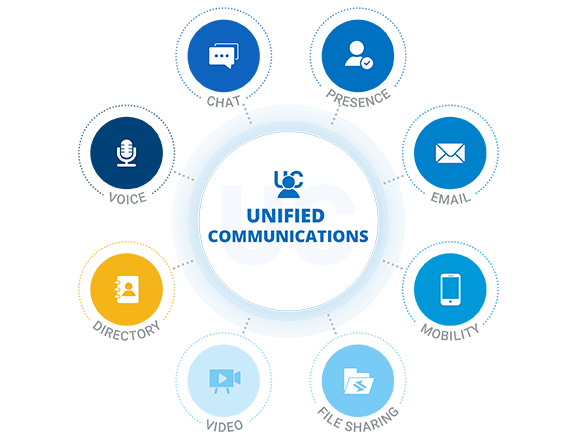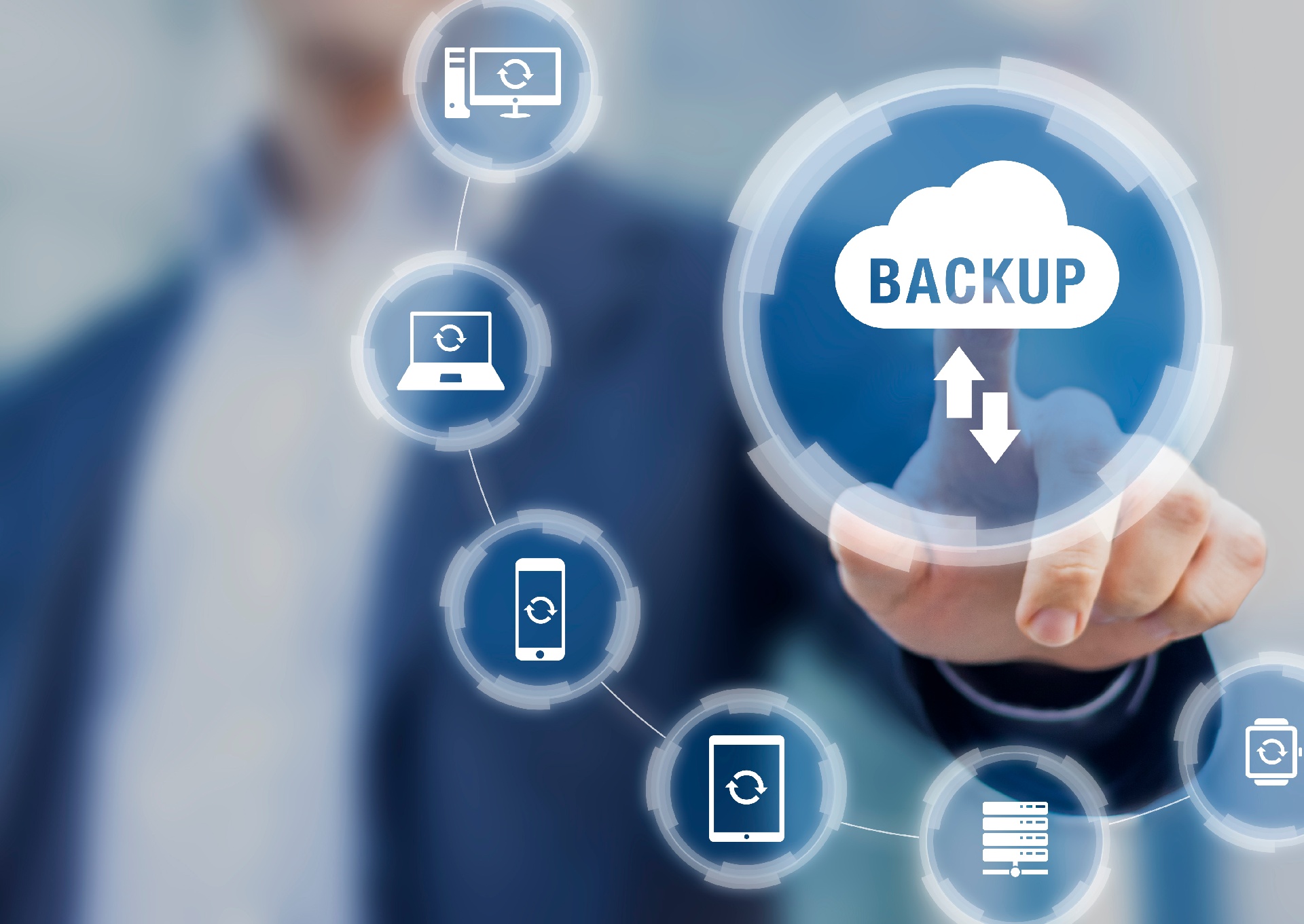The UC providers are a growing industry today. While it is tempting to say that the services offered by these providers are better than the other options, it's important to carefully assess unified communications providers before you make any commitments to sign up for their services. In this article, we will discuss some aspects of the UC providers and help you to make an informed decision about which provider will work best for your needs!

Image source Google
What is Unified Communication?
Unified communication is a term used to describe a suite of communication tools and approaches that are designed to allow people to work together as a team more effectively. Unified communication tools can be used to send and receive messages, share files, collaborate on projects, and more. There are many different types of unified communication tools available, so it's important to find the right one for your needs. Here are some tips for choosing the right unified communication tool:
1. assess your needs. What tasks do you need to be able to complete as a team? What types of messages do you need to be able to send and receive? What files do you need to be able to share? Once you know your needs, you can begin looking for a suitable unified communication tool.
2. consider your budget. Not all unified communication tools are created equal. Some are more expensive than others, but there may also be free options available that meet your needs. It's important to find a tool that fits within your budget and meets your needs.
3. evaluate the available options. Once you have narrowed down your options, it's important to evaluate them further.
